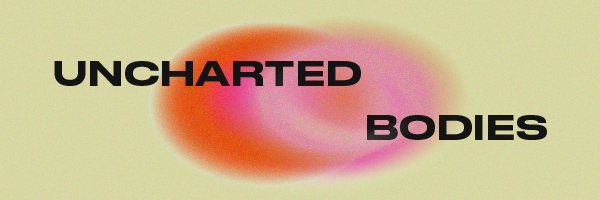I Was Told To Keep My PCOS Secret Because No Man Would Marry Me
PCOS is often assumed to be a sexually transmitted disease. I cannot even tell you the amount of times that was said to me when I was first diagnosed and started openly talking about it.
It's really important that medical professionals know that they are gaslighting people by brushing them off and saying, 'It's just your weight and if you lose it you'll be fine'. We have a lot of women who go to the GP and the doctors aren't willing to do anything about it until they get to a point where they want to have children.







